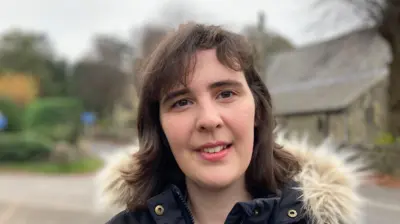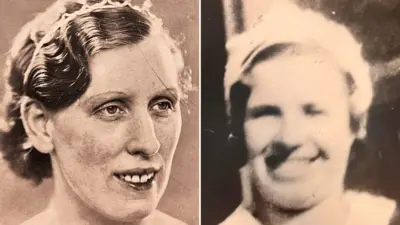We've updated our Privacy and Cookies Policy
We've made some important changes to our Privacy and Cookies Policy and we want you to know what this means for you and your data.
Lung cancer screening programme trial for Scotland
Ten thousand smokers in Scotland are to take part in a trial screening programme for lung cancer.
The trial will involve people who have smoked at least 20 a day for more than 20 years, who are most at risk.
They will have a simple blood test that detects cancer at its earliest stages of development.
The Chief Medical Officer for Scotland, Sir Harry Burns, said currently most people were not diagnosed until the disease had reached an advanced stage.
Half of the 10,000 people will get a blood test which can identify cancer up to five years before it would be detected in other ways, and the other half will not be screened.
Early identification greatly improves the chances of survival.
Scotland has one of the highest rates of lung cancer in the world, with fewer than 9% of patients still alive five years after diagnosis.
The screening programme will begin before the end of the year and the first results are expected in 2014.
Common cause
Sir Harry said: "The earlier a cancer is diagnosed the greater the chance it can be treated successfully, and currently 85% of patients with lung cancer remain undiagnosed until the disease has reached an advanced stage.
"This pilot project is part of our Detect Cancer Early programme, which aims to increase the early detection of cancer by 25%.
"By testing those at greatest risk of developing lung cancer, and diagnosing it at its earliest possible stage, we stand a better chance of being able to treat the cancer successfully.
"This means patients can be treated when their general health is better and when less aggressive treatment may be required than if the cancer had spread."
Lung cancer is the most common form of cancer-related death globally, and in the US kills 160,000 people a year - more than breast, colon and prostate cancers put together.
Scotland accounts for 16% of cases of lung cancer in the UK, much higher than its proportion of the British population.
Dr Keith Prowse, honorary medical spokesperson for the British Lung Foundation (BLF) said: "Survival rates for lung cancer in the UK are alarmingly low with approximately 29% of patients still alive after only one year.
"Detecting lung cancer early means a patient can be operated on and will increase their chance of survival."
He added: "This is a very exciting trial which we hope can be rolled out across the UK."
Top Stories
More to explore
Most read
Content is not available








